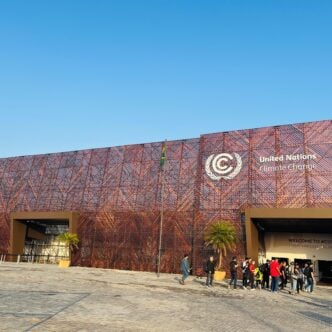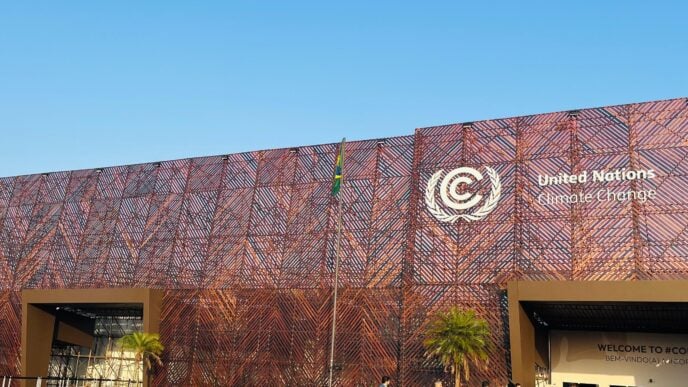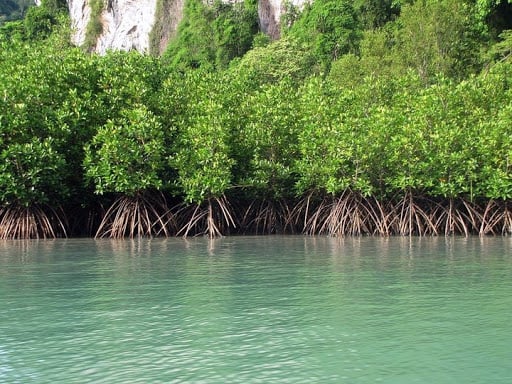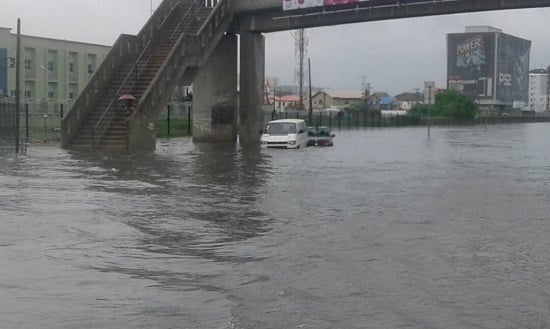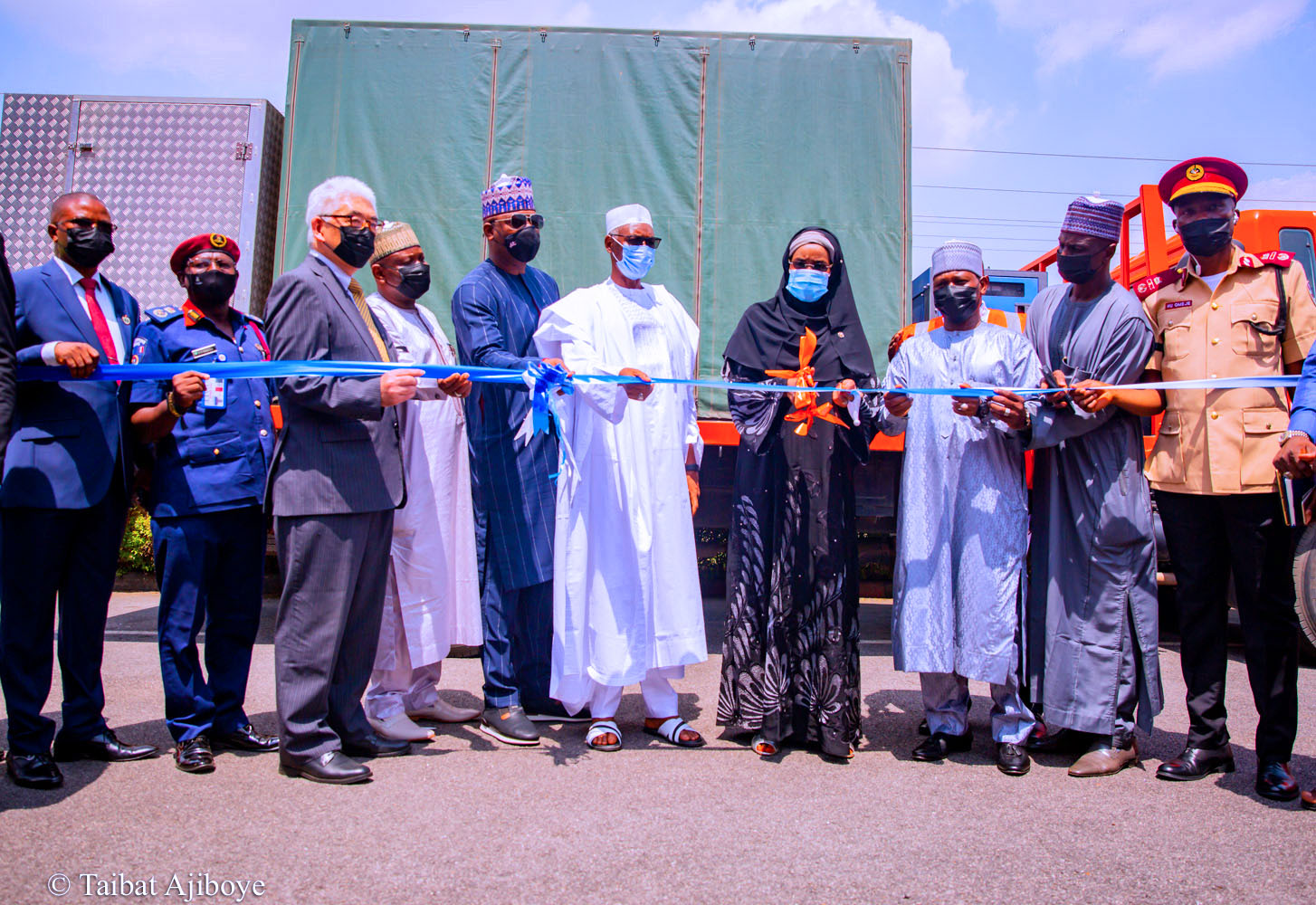
Turkey has been chosen to host the 2026 UN Climate Change Conference (COP31) after it struck a compromise deal with Australia.
The confirmation of Turkey as host of COP30 ends the deadlock over who should lead next year’s summit.
Announcing the development on Wednesday at the ongoing COP30 in Belém, Chris Bowen, Australia’s climate change and energy minister, said both countries had agreed to a power-sharing arrangement to prevent the conference from defaulting to Bonn, Germany.
Advertisement
Under the agreement, Turkey will host the physical summit, while Australia will assume the presidency for negotiations, giving Bowen authority to oversee the talks as COP31 president.
As the president of negotiations, Bowen will have the power to appoint co-facilitators, prepare draft text and issue the final cover decision.
According to the Australian minister, a pre-COP meeting will be held in a Pacific Island state as a pledging event for the Pacific Resilience Fund — a key demand of Pacific nations.
Advertisement
Bowen said the model delivers Australia’s objectives and protects the credibility of the UN climate process.
“Consensus means if someone objected to our bid, COP31 would automatically go to Bonn with no president in place,” he told journalists.
“That would be irresponsible. This agreement avoids that outcome.”
He described Turkey’s acceptance of Australia as “a significant concession”, adding that both countries made compromises to maintain diplomatic stability.
Advertisement
BACKGROUND
Australia submitted a bid to host COP31 with strong backing from the Western European and Others Group (WEOG), which is responsible for selecting the host.
But Turkey lodged a formal objection — a move that, under UN rules, blocks consensus even when a country has overwhelming support.
The objection forced weeks of closed-door negotiations.
Advertisement
Without a deal, COP31 would automatically have held in Bonn, Germany, the UNFCCC headquarters, with no political leadership — a result many countries feared would weaken multilateral climate action at a critical moment.
The final arrangement mirrors the Fiji–Germany model during COP23 in 2017, where one country handled negotiations and another hosted the summit.
Advertisement
‘TURKEY’S LEADERSHIP TO ATTRACT SCRUTINY’
Ümit Şahin, senior scholar at the Istanbul Policy Centre, said Turkey’s leadership will attract scrutiny given its political and economic ties to fossil fuel-producing countries.
Advertisement
“These relationships could shape the impartiality, ambition and integrity of the conference outcomes,” he said.
Pacific groups expressed disappointment but said the region’s climate fight is bigger than hosting COP.
Advertisement
Shiva Gounden of Greenpeace Australia Pacific said “our fight for survival does not rise or fall on a single hosting decision”.
Christiana Figueres, former UN climate chief, said what matters is whether COP31 accelerates the global shift to clean energy.
Australian environmental groups, however, argued that the outcome reflects international frustration with Australia’s climate policies.
Steph Hodgins-May of the Australian Greens said the decision shows that the world “recognises Australia’s significant role in making dangerous climate change worse”.
WEOG is expected to formally ratify the arrangement in the coming days. Preparations for COP31 will then begin in Turkey, with Australia leading negotiations and the Pacific hosting the pre-COP.
The 2026 summit is expected to focus on fossil fuel phase-out pathways, climate finance for vulnerable nations and implementing outcomes from COP30.


